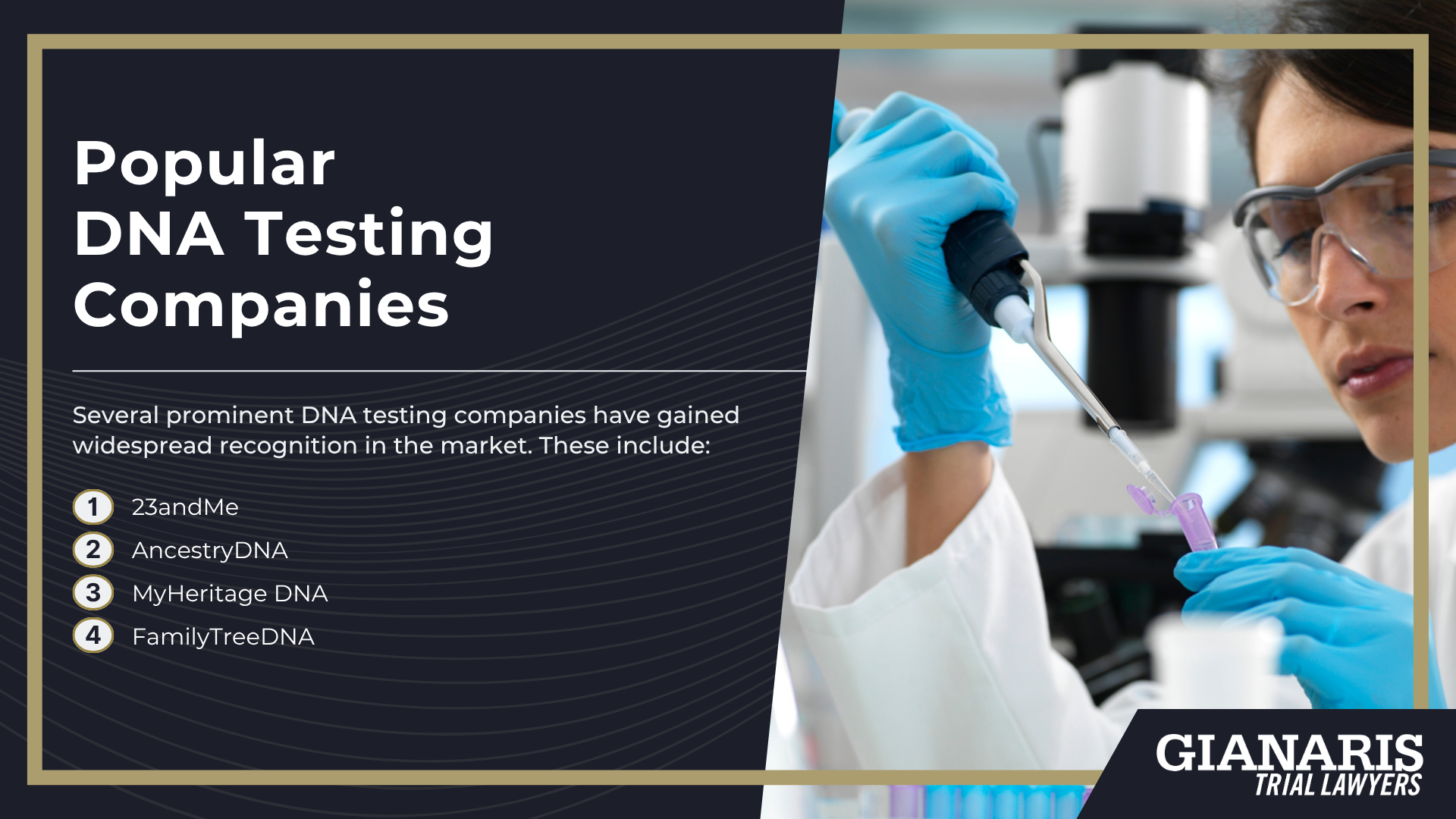DNA tests have become increasingly popular in recent years due to advancements in genetic research and technology.
These tests analyze an individual’s genetic material to identify specific genetic markers or variations, which can reveal valuable information about one’s ancestry, health predispositions, and biological relationships.
In family law cases, paternity tests are commonly used to establish legal parentage.
These tests provide critical evidence in child custody, child support, and visitation matters. Inaccurate paternity test results can lead to severe emotional and financial consequences for all parties involved.
Genetic testing also serves as a valuable tool in the medical field, offering insights into an individual’s risk of developing certain genetic conditions or diseases.
In some cases, these tests may influence medical treatment decisions.
However, incorrect results or misinterpretations can potentially lead to misguided medical advice and treatment.
While DNA testing companies generally strive for accuracy, errors can still occur due to various reasons, including technical limitations, human error, or mislabeling of samples.
Instances that may warrant a lawsuit against a testing company include:


Several prominent DNA testing companies have gained widespread recognition in the market. These include:
If you believe that you or a loved one has experienced harm or legal issues due to errors in DNA tests, paternity tests, or genetic testing, our experienced attorneys are here to help.
We understand the complexities of these cases and can provide expert guidance and representation throughout the legal process.

Our services include:
If you believe you have grounds to sue a DNA testing company due to incorrect results or other issues, don’t hesitate to contact Gianaris Trial Lawyers.
We offer a confidential consultation to discuss your case and explore your legal options.
Our team of dedicated attorneys is committed to securing justice and protecting your rights in DNA testing disputes.

Disclaimer: This webpage is for informational purposes only and does not constitute legal advice. Each case is unique, and legal outcomes may vary. Please consult with a qualified attorney for personalized advice regarding your situation.

With nearly 30 years of legal experience, Attorney Ted Gianaris has secured over $36 million in compensation for Illinois injury victims, car accident victims, and surviving family members of wrongful death victims.
This article has been written and reviewed for legal accuracy and clarity by the team of writers and attorneys at Gianaris Trial Lawyers and is as accurate as possible. This content should not be taken as legal advice from an attorney. If you would like to learn more about our owner and experienced Illinois injury lawyer, Ted Gianaris, you can do so here.
Gianaris Trial Lawyers does everything possible to make sure the information in this article is up to date and accurate. If you need specific legal advice about your case, contact us. This article should not be taken as advice from an attorney.
A serious injury can have life-altering results.
Don’t settle for less than you deserve, speak with an award-winning personal injury lawyer today.
Laser focused on life changing injuries. Battling big business that spew toxins and poison workers
and families. Fighting for the marginalized and beating the powerful.
Do you believe you’re entitled to compensation?
Use our Instant Case Evaluator to find out in as little as 60 seconds!
A serious injury can have life-altering results.
Don’t settle for less than you deserve, speak with an award-winning personal injury lawyer today.
Disclaimer: The contents of this webpage have been prepared by Gianaris Trial Lawyers LLC for informational purposes only. None of this information is intended as either legal or medical advice or opinions. No attorney/client relationship is established with use of this website. Sending or receiving information through this site, posting to our blogs/news site does not establish an attorney/client relationship. An attorney/client relationship with Gianaris Trial Lawyers LLC is established only by an express and written agreement by Gianaris Trial Lawyers to represent you. Our attorneys make a case-by-case assessment of any claims and results may vary depending on the facts concerning any cases. In some circumstances, cases may be sent to other qualified lawyers. In those circumstances,Gianaris Trial Lawyers maintains joint responsibility. Message and Data Rates may apply. You can STOP messaging by sending STOP and get more help by sending HELP.
*Over 25 years, Ted Gianaris has recovered over $350 million on cases he was the lead trial lawyer on."